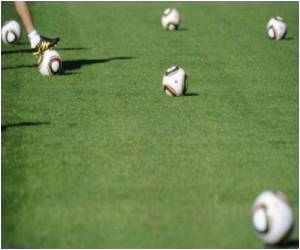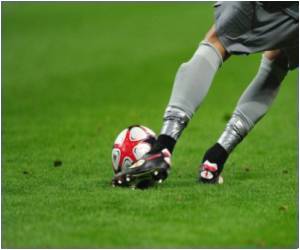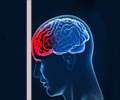
More sensitive tests
The study was also special in that it relied on the use of electrophysiological evaluation techniques that better target chronic side effects. Professor Ellemberg and his team worked with 96 athletes, a third of whom were adults. There were two other groups: children between the ages of 9 and 12 and between 13 and 16. The participants underwent traditional neuropsychological tests used by the National Hockey League. They compared the results with those obtained from electrophysiology measuring working memory, attention and inhibition while doing computerized tasks."The traditional tests are very efficient to determine the immediate impacts of concussions, but aren't as reliable as electrophysiology to pick up on long-term side effects," Ellemberg said. "Electrophysiology allows us to see the response from the athlete and from his or her neurons which are sometimes independent from one another. Therefore, certain participants showed weakness during certain electrophysiological tasks that the neuropsychological tests hadn't picked up on."
Dramatic consequences for youngsters
The relapse of football players after months of recovery following a concussion continues to alarm many fans and ignites debate regarding the trauma. But according to Ellemberg, these athletes aren't the worst off. "Let's not forget that professional players have the luxury of taking months to recover – a luxury that a child or adolescent cannot afford. After a concussion we impose cognitive rest, meaning no school, no television, no video games, and physical rest as well. This absence combined with the potentially chronic impact on the working memory can handicap a child's future," Ellemberg said. According to the Professor, these results force us to re-evaluate our understanding of sport-related concussions. "The situation is more serious than we think," says Ellemberg. "Contrarily to professional athletes, youngsters don't have a medical doctor and a protocol in place for becoming active again. However, for me, their brain is more important than the brain of a famous football player. It needs to be protected with the right diagnostic tools and an adapted framework. Obviously, concussions are a part of sport, but we can reduce their occurrence by limiting dangerous situations. Youngsters must pursue their activities in a secure environment where people know how to treat concussions."
Source-Eurekalert










